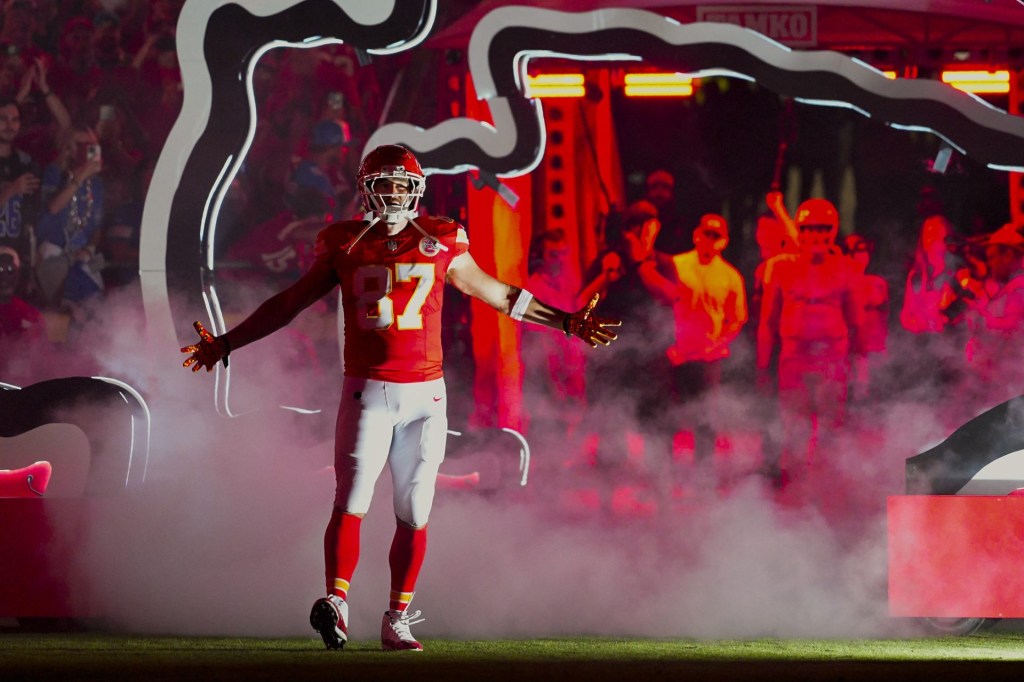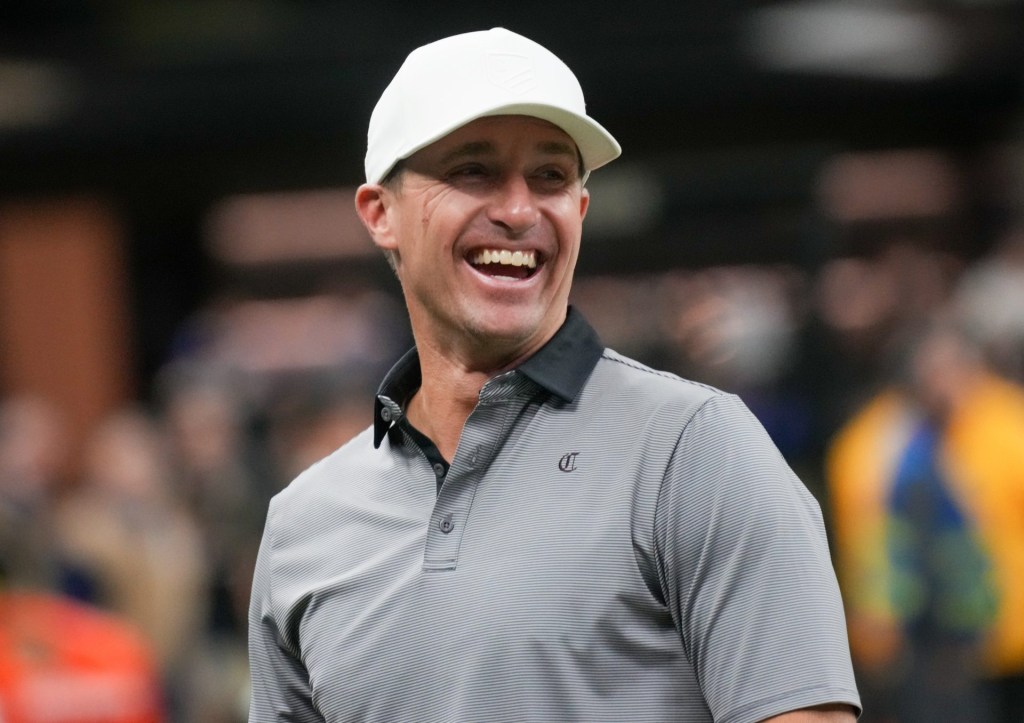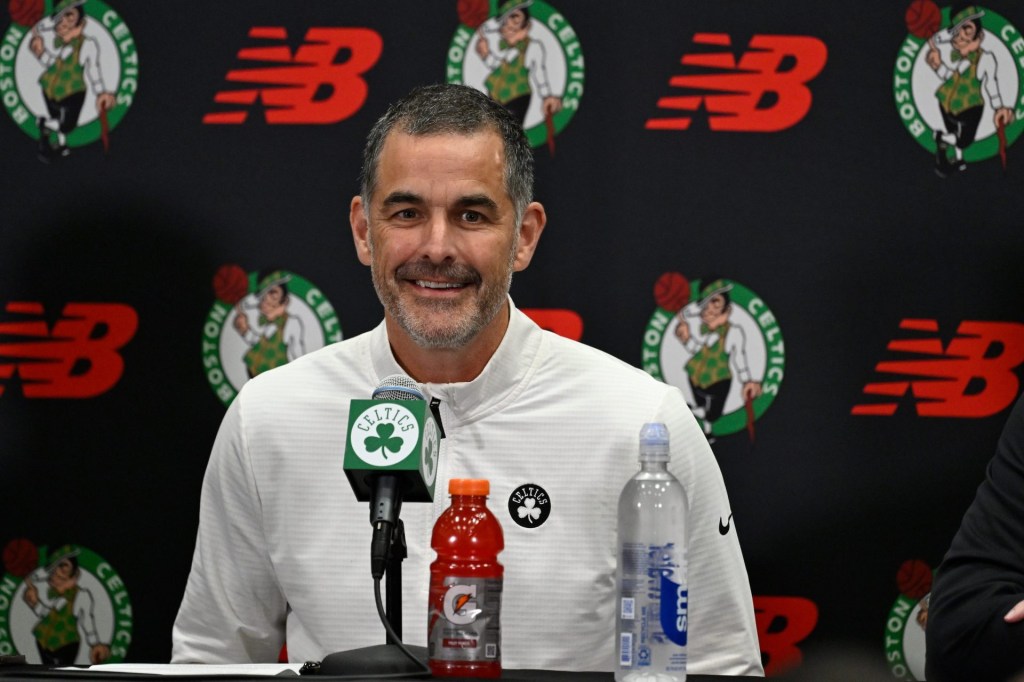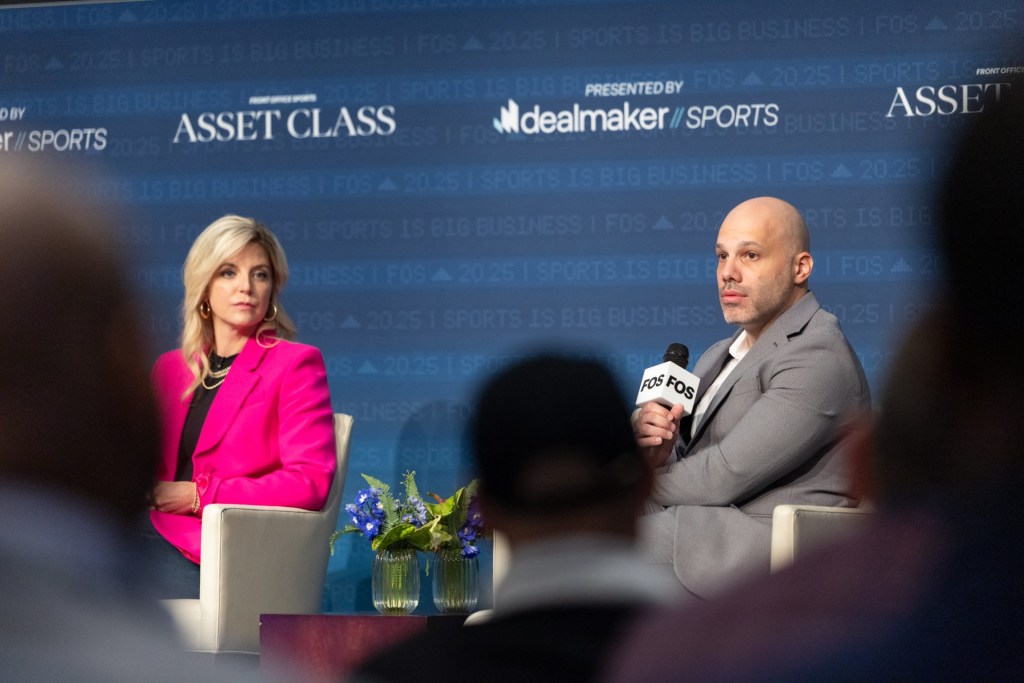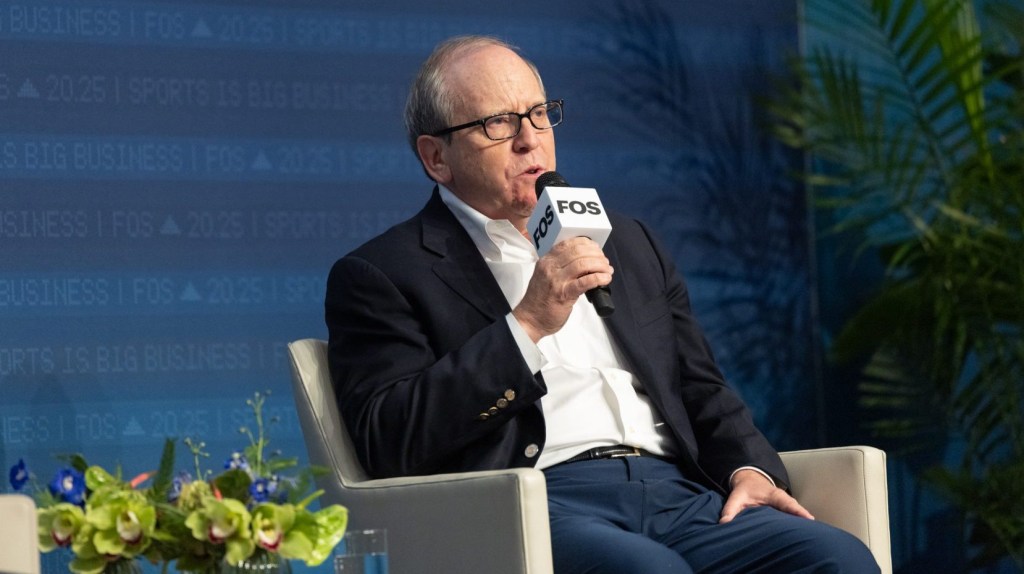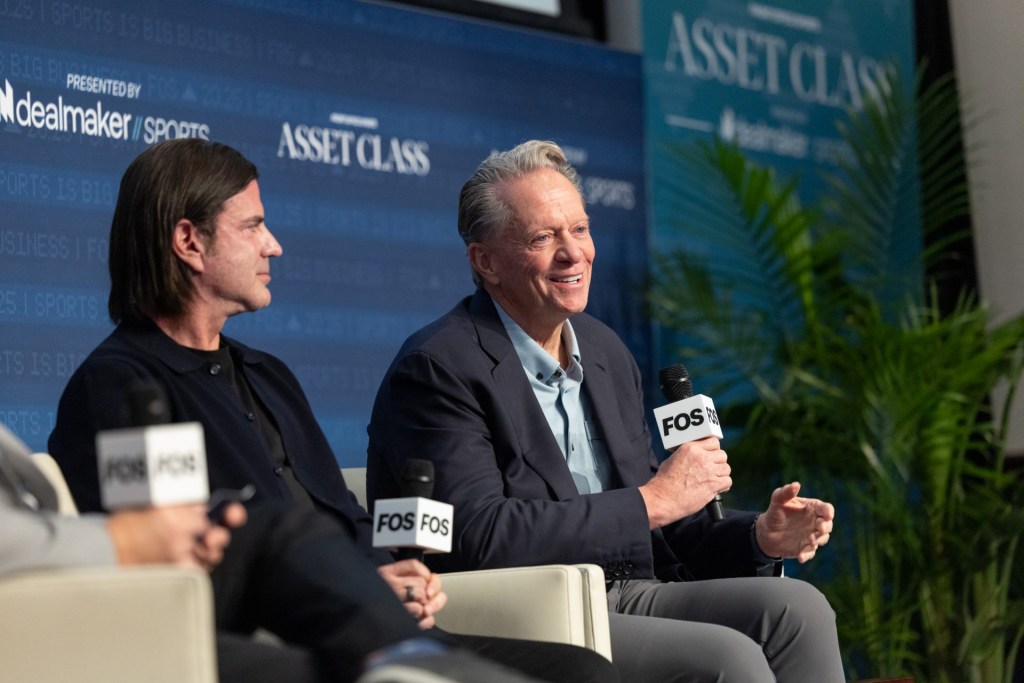Less than a year after the NFL cracked open the door to limited private-equity investment, two of the biggest names in the PE industry—Blackstone and CVC—have quietly stepped away.
Blackstone Partners and CVC Capital Partners were part of a consortium that represented one of four league-approved buyers under a policy approved in August that allows specified PE investors to buy up to 10% of an individual team’s equity. The group they were part of also includes Carlyle Group, Dynasty Equity, and Ludis, the latter of which was founded and is led by Pro Football Hall of Famer Curtis Martin. The other three firms approved to independently make minority investments in teams are Arctos Partners, Ares Management, and Sixth Street Partners.
There have been three PE investments into NFL teams since owners voted 31–1 to approve the policy (the Bengals were the lone vote against). Most recently, the league approved the purchase of an 8% stake in the Chargers by Arctos. In January, Arctos acquired a 10% stake in the Bills, and in December, Ares bought a 10% stake in the Dolphins.
The reasons why private-equity firms would want to invest in the NFL are obvious. It’s the most popular professional sport in the United States (and has been for years, according to Gallup). Plus, franchise valuations are ballooning to unfathomable heights (the Cowboys are the first team with an estimated valuation of more than $10 billion, according to Forbes).
Yet Blackstone and CVC have already backed off. Bloomberg reported the “parting was amicable,” but also that the two PE giants “couldn’t come to terms over any deal internally considered by the group.”
Blackstone and CVC aren’t banished from the NFL. They could still choose to eventually invest. But for the moment, they have hit the brakes and are no longer involved with the league-approved group, sources confirm to Front Office Sports.
“I did find it somewhat unusual that CVC and Blackstone decided not to pursue the route, even though they went through all the brain damage of getting approved,” Irwin Kishner, co-chair of the sports law group at Herrick Feinstein LLP, tells FOS.
Blackstone and CVC both declined to comment. A source familiar with how these deals work tells FOS that the firms chose not to move forward because of an NFL policy that requires what’s known as “joint and several unlimited indemnification” from investors, including minority stakeholders. That means that if a legal issue were to arise—like a team getting named in a lawsuit and being held responsible for damages—each individual investor can be held fully responsible for covering the entire cost, even if their stake is small.
Blackstone and CVC are publicly traded, which is unusual for private-equity firms but not completely unheard of. That means they have a fiduciary duty to investors, and because of that they were not comfortable putting their balance sheets on the line, even if the risk is relatively remote, the source says.
Carlyle, which is also in the group that Blackstone and CVC have left, is publicly traded as well. The firm did not immediately respond to a request for comment.
Kishner has no specific knowledge of the situation with Blackstone and CVC, but he has experience advising on potential deals for professional teams, including his representation of Marc Lasry in the 2023 sale of his 25% stake in the Milwaukee Bucks to Cleveland Browns owners Jimmy and Dee Haslam. Whether it was the indemnification issue or something else, he wasn’t completely shocked to see the news that the two firms dropped out.
“One could certainly come up with a reason why not to invest,” Kishner tells FOS. “Those are usually easy to find if you want to spend the time, effort, and energy to look at things.”
Potential risk due to the indemnification policy—which other major pro sports leagues have as well—isn’t the only reason PE firms might want to gingerly wade into the NFL waters rather than diving headfirst.
The NFL policy is much more restrictive than PE firms are used to. The investments are completely passive; firms get no voting power or governance rights and are not allowed to have any influence in a team’s decision-making process; the league can force the sale of an equity stake if a firm violates league terms; and the NFL requires PE investors to stay invested for at least six years.
“The idea that you’re writing a huge check but have no control and no clear exit—that just doesn’t fit with how most private-equity firms operate,” says Kenneth Shropshire, a professor at the University of Pennsylvania’s Wharton School who previously served as CEO of the Global Sport Institute at Arizona State University.
It’s not clear whether, or when, the NFL might allow additional firms into the fold. Although last summer’s policy change was championed as the league opened the door to private-equity investment, it really just cracked the door ever so slightly with the four pre-approved groups.
“The lines of communication remain open as the program evolves,” NFL spokesman Brian McCarthy tells FOS. “The program has been successful with tremendous interest from a variety of firms.”

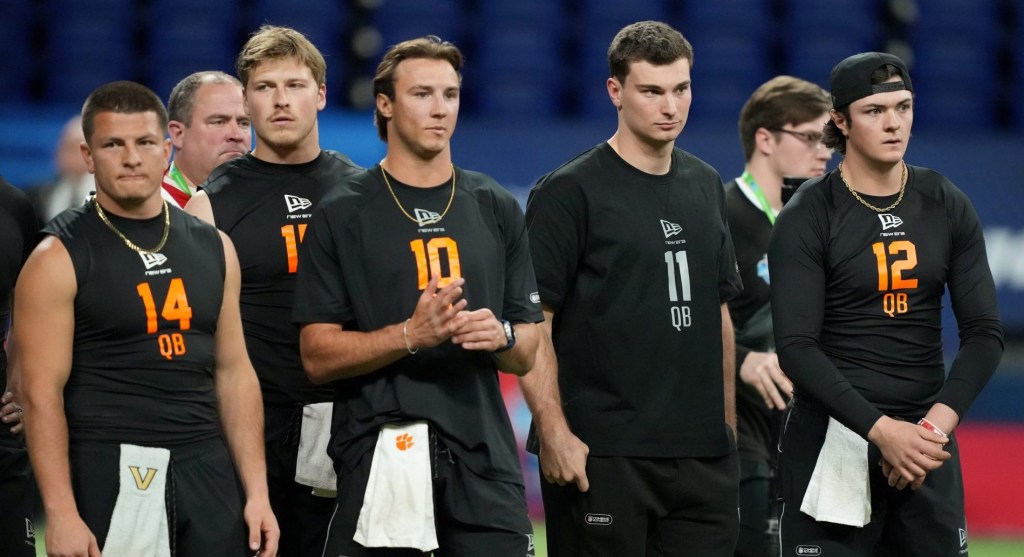
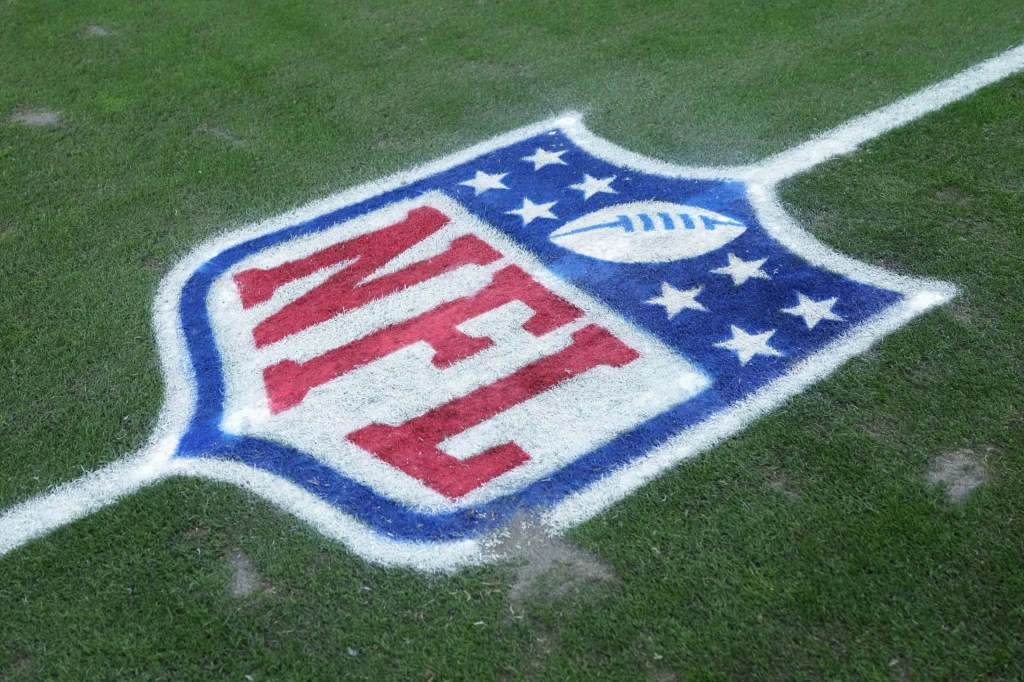

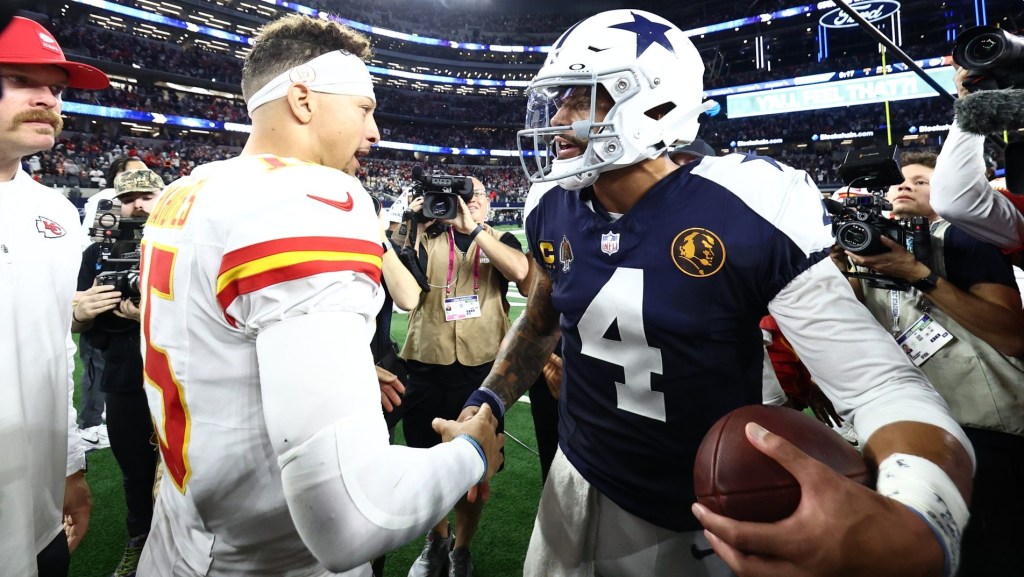
![[Subscription Customers Only] Jun 15, 2025; Seattle, Washington, USA; Botafogo owner John Textor inside the stadium before the match during a group stage match of the 2025 FIFA Club World Cup at Lumen Field.](https://frontofficesports.com/wp-content/uploads/2026/02/USATSI_26465842_168416386_lowres-scaled.jpg?quality=100&w=1024)
![[Subscription Customers Only] Jul 13, 2025; East Rutherford, New Jersey, USA; Chelsea FC midfielder Cole Palmer (10) celebrates winning the final of the 2025 FIFA Club World Cup at MetLife Stadium](https://frontofficesports.com/wp-content/uploads/2026/02/USATSI_26636703-scaled-e1770932227605.jpg?quality=100&w=1024)


